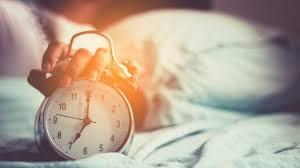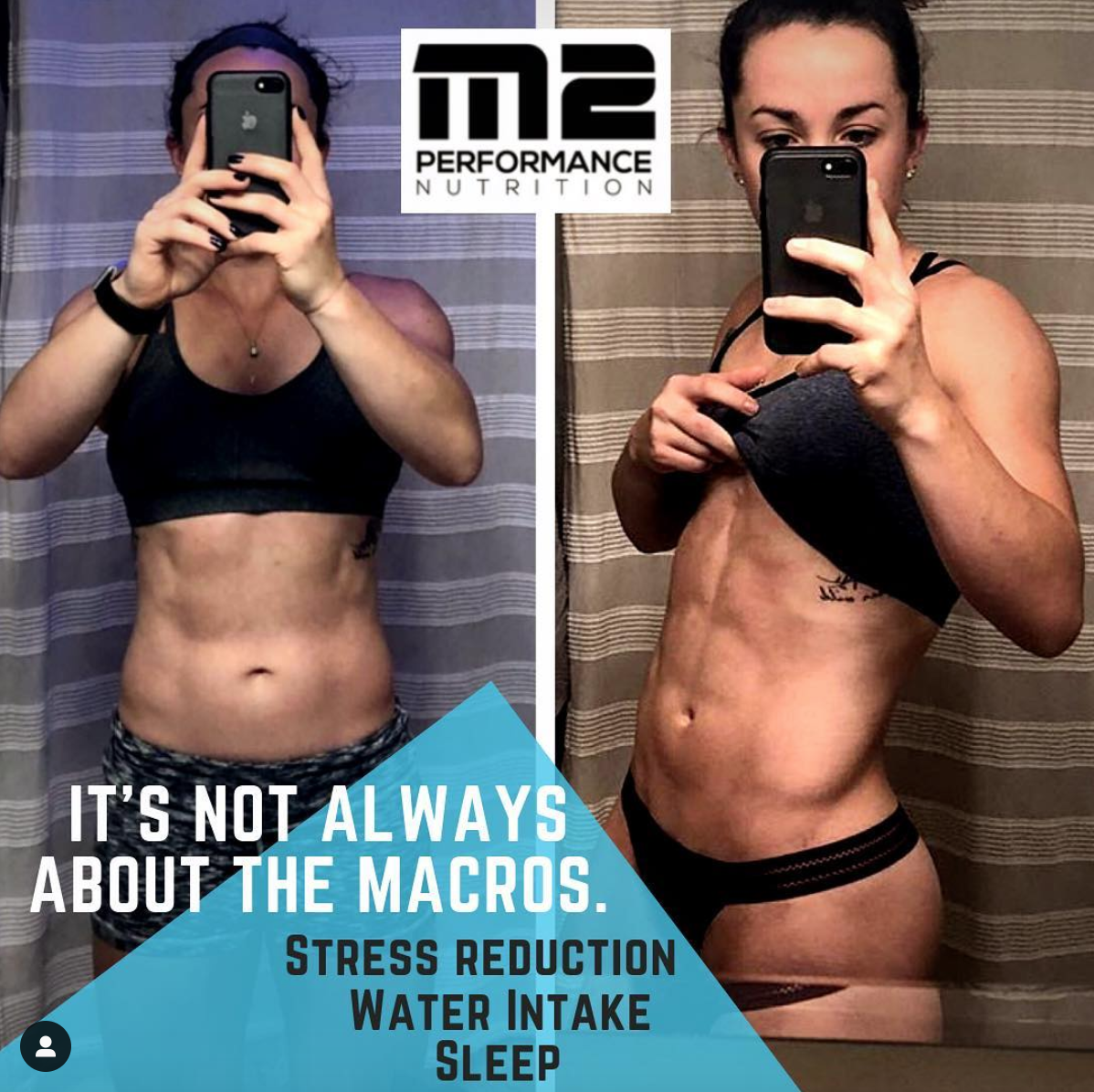
|
We get it. There are only so many hours in the day. Often times the first thing we cut back when we're too busy is sleep. More than a third of adults get fewer than the bare minimum amount of sleep (7 hours) needed to keep our risk of health problems in check.
Everything from good decision making, to proper digestion, to high performance, and the way we look - hello to feeling leaner! - is heavily dependent on sleep. We are literally recharging our batteries when we sleep. If we don't sleep enough our bodies will start to look for energy else where, often times resulting in junk food cravings and over eating.
If your eating (food quality) and exercise is on point, but you're still not performing, feeling, or looking the way you want, poor sleep is more than likely to blame.
When We Don’t Sleep Enough….

- T-cells go down and inflammation goes up causing increased vulnerability to bacteria and viruses
- You may feel unhappy
- You may feel foggy
- You may get sick often
- You experience disrupted appetite regulation
- You are hungrier and crave sweets
- Your workouts start to feel harder and harder, performance declines
- Excess body fat begins to form
- You may experience fertility issues
When We Get The Sleep We Need.....

- Our body is physically repairing the broken down tissues that happen through exercise and daily activities
- We produce fresh neurotransmitters and regulate hormone production
- Our daily experiences and interactions are cemented into our memory
- We are more creative
- We have fewer food cravings and more stable blood sugar
- We are more protected from cancer and dementia
- We are less likely to get colds or the flu
- Our heart attack, stroke, and diabetes risks are lower
- We feel happier, less depressed, and less anxious
- We have better body compositions
- Our athletic performance improves
Want To Perform Better, Feel Happier And Lean Out?.....SLEEP MORE! Our recommendation is to spend at a minimum, 7 hours of asleep each night. Not 7 hours in bed. 7 hours asleep, which means you'll need to be in bed for more than 7 hours. Have body composition or performance goals? Better make that even more, ie 8+ hours. Below you'll find our recommendations for improving your sleep quantity and quality each night. |

- Go to sleep and wake up at the same time each day, even on the weekends. As little as a two hour variation in sleep or wake times can alter sleep patterns and cause sleep disruptions.
- Be awakened by light - this naturally raises cortisol which is a good thing in the morning.
- Limit caffeine/alcohol - consuming caffeine after 2pm and/or having 1-2 drinks in the evening can interfere with deep sleep
- Eat a small/medium dinner - too much food can make it harder to fall asleep. A blend of higher quality proteins, carbs, and fats can help keep you satisfied until morning. Slow digesting carbs can help make you feel sleepy as well.
- Limit fluids - too many fluids right before bed can cause frequent bathroom breaks.
- GO TO BED - don’t wait until midnight to go to bed. Sticking to a routine bedtime can help your body naturally release calming hormones to help you fall asleep.
- Sleep at least 7 hours - if you are getting way less than this, it’s OK. Just slowly work your way up, even 30 minutes at a time goes a long way.
- Clear your mind - whatever thoughts you have in your head, get them out and onto paper
- Avoid raising your body temp too much before going to bed. If you workout in the evenings take a 60-90s cold water shower or if you can’t bear that, run cold water over your face and hands for that same amount of time. This will help drop your core body temperature down and will allow for deeper sleep to happen.
- Keep your bedroom cool. 65 degrees is optimal for cooling your body towards sleep.
- Sleep in a pitch black room. Use blackout curtains and an eye mask if necessary
- Turn off electronics - remove your eyes from all devices with blue light 30 minutes before bed. Blue light interferes with our production of melatonin, which helps our bodies go into deep sleep and may help regulate metabolism.
Don't have a sleep routine? Click here for a step-by-step activity to create your own sleep routine.
|
|





